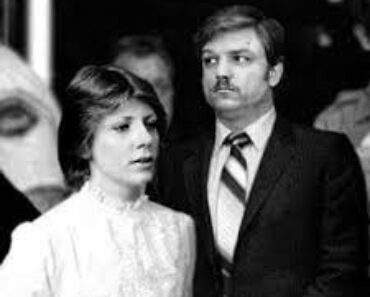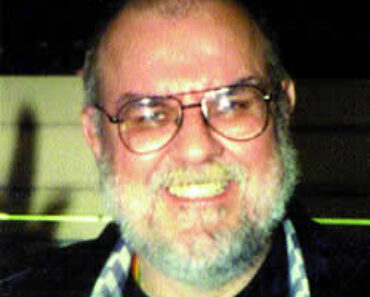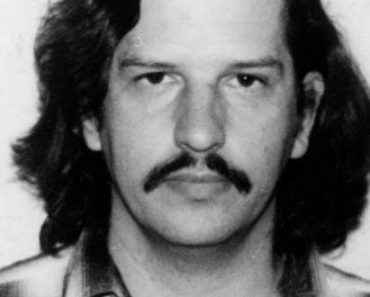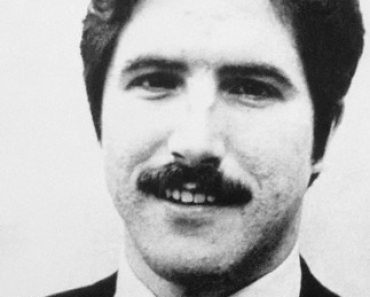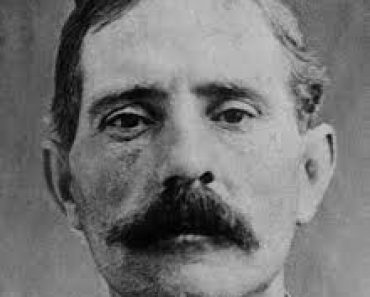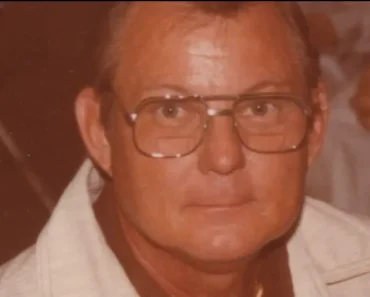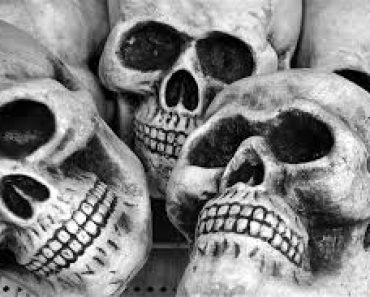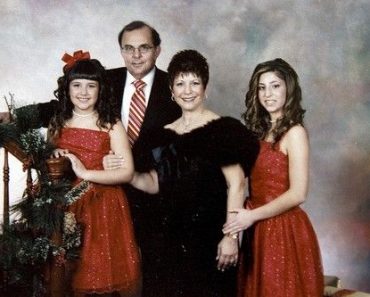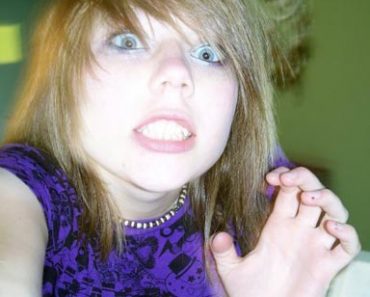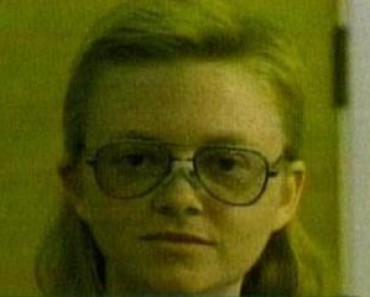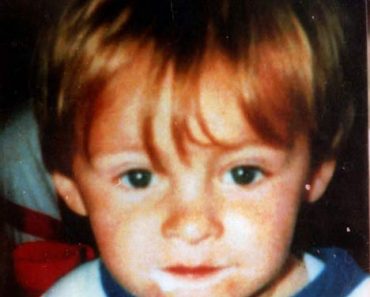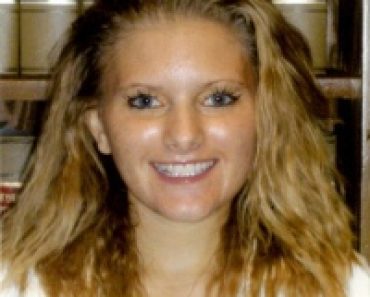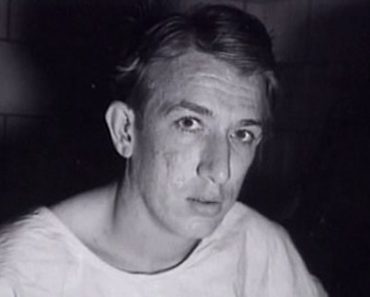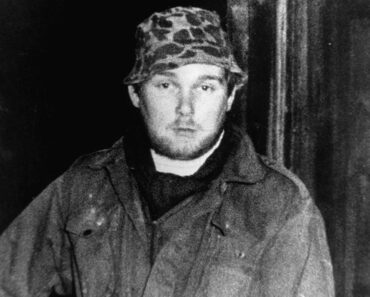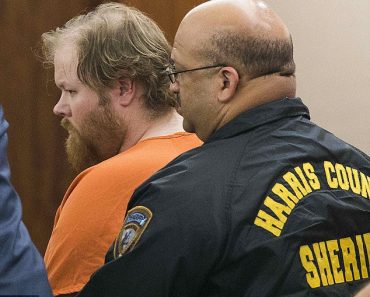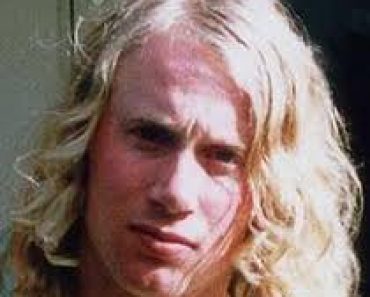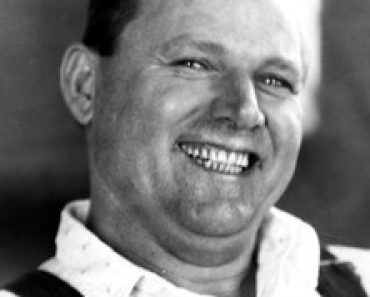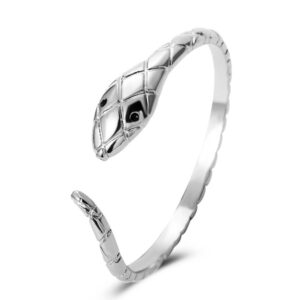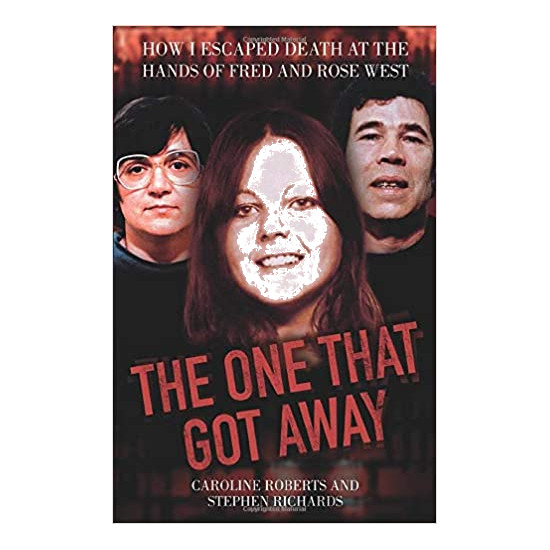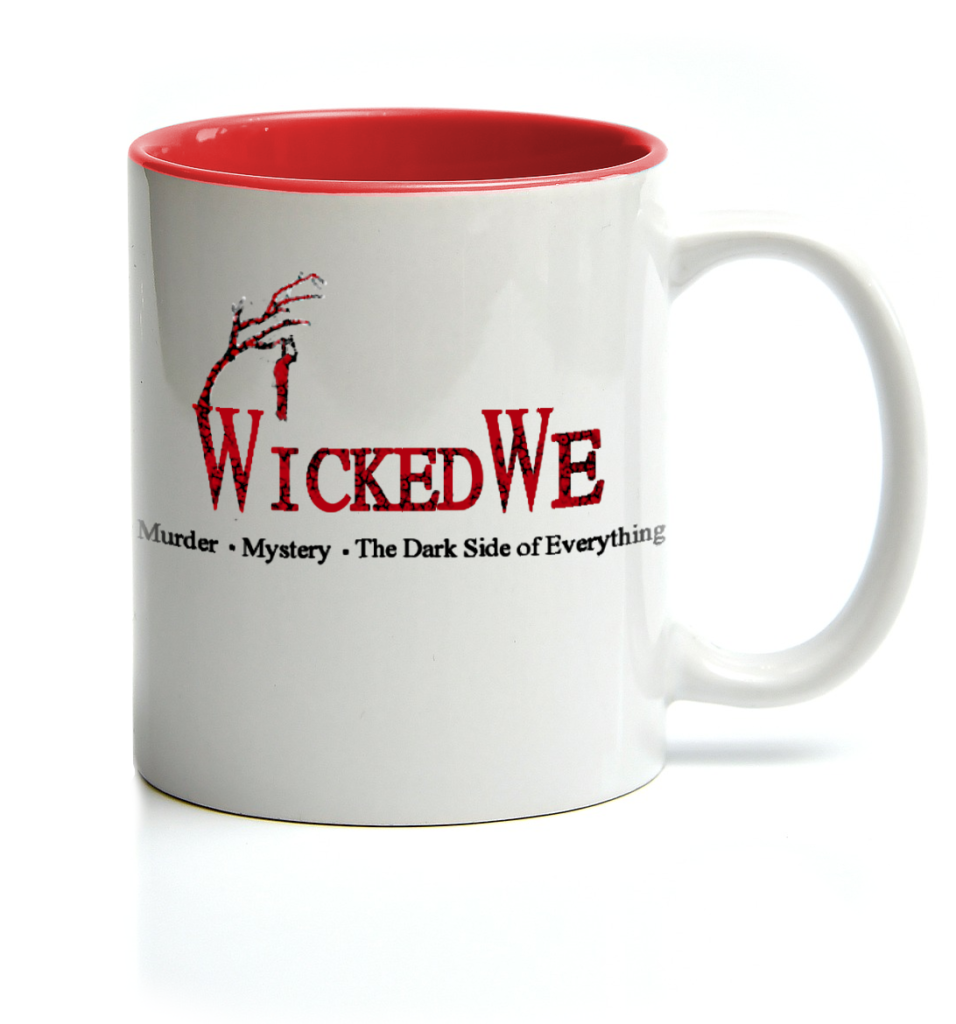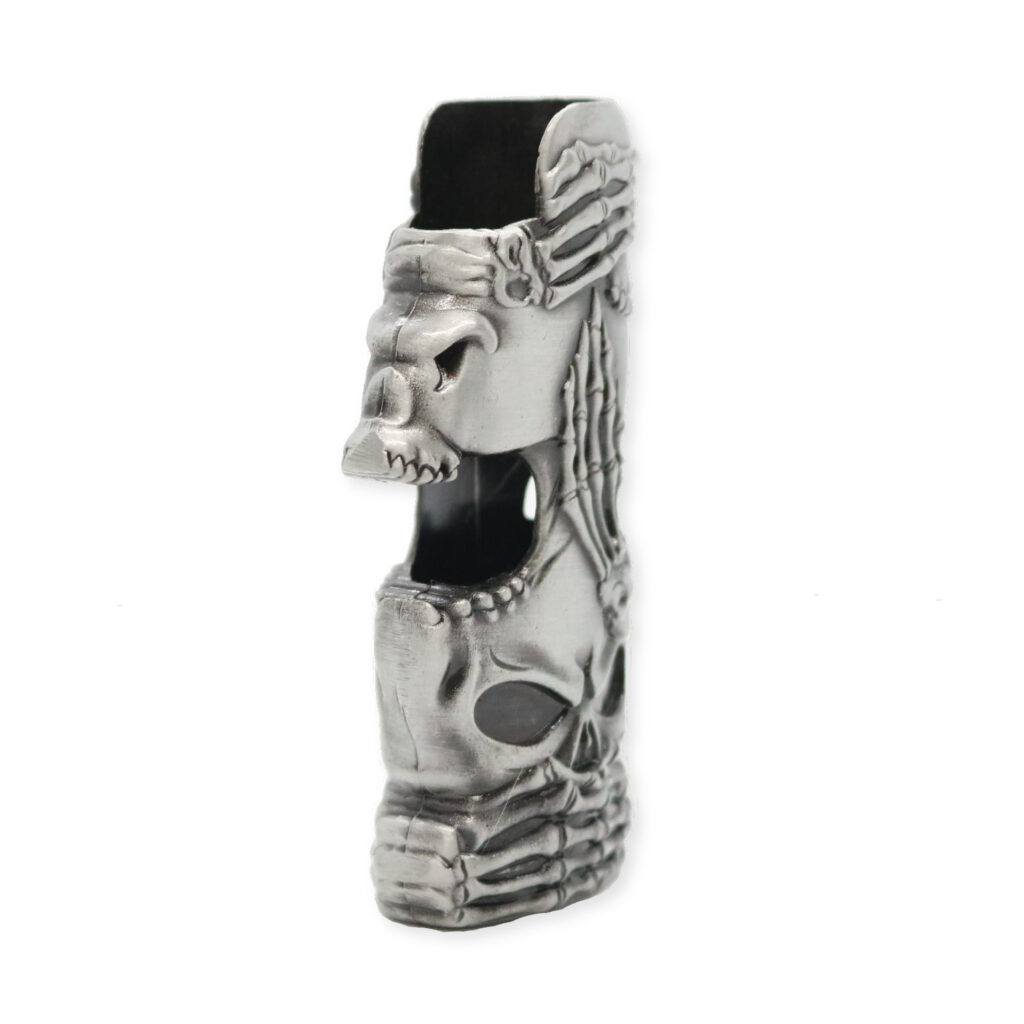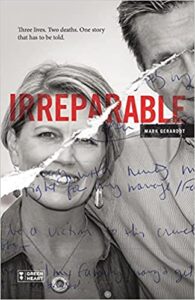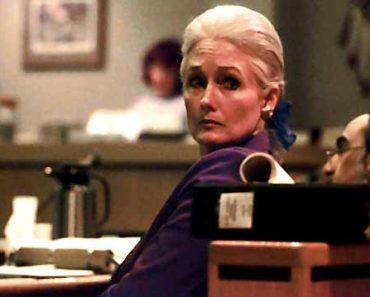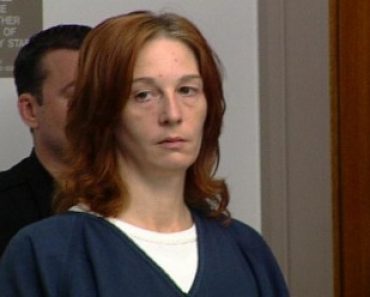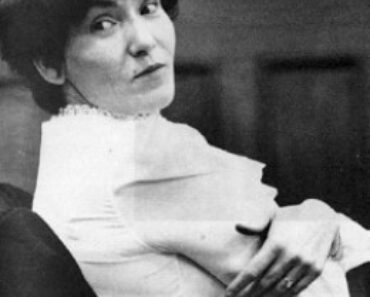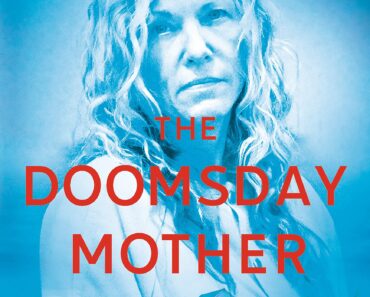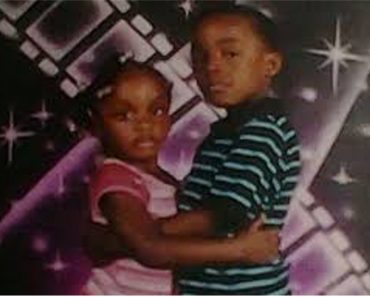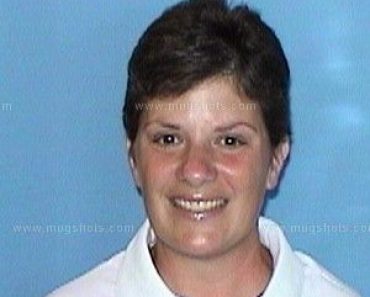From the DAILY EVENING BULLETIN. Dated MONDAY, EVENING, JUNE 12th, 1882
A Mother’s Terrible Deed
The news article read as follows:
Chicago, June 10th, 1882
Mary Syeboldt, aged thirty-five years, wife of Casper Syeboldt, a baker, murdered her four children this morning and then committed suicide.
The story of the crime is one of the most remarkable in the police annals of Chicago, and ranks with any of the Borgia sensations.
At five o’clock this morning Casper Sveboldt arrived home, after working all night at J. B. Campbell’s bakery, and was met at the door by his wife. She was dressed in a new chemise, trimmed with lace and blue ribbon, purchased especially for the awful occasion.
Mary Syeboldt acted strangely and could scarcely stand. “Come in, Casper, come in,” she said, waving her hand, “and see our little children. They are all dead. All our four little children are dead, gone to heaven, Casper. See how pretty they are! Every one got nice flowers for the angels!”
He Thought His Wife Was Insane
For a moment the husband was stunned, and thought his wife crazy. He hurried to the bedroom, and there a strange sight met his horrified eyes. Laid out, as if for burial were the four children Matilda, aged twelve; Anton, aged seven ; Annie, aged two years and six months, and the baby, aged less than four months. They were dressed in white, trimmed with blue ribbons, hair nicely smoothed and tied with blue ribbons, and in their hands bouquets of frosh flowers. All were stone dead, except Matilda, and she was just breathing.
Mrs. Syeboldt followed her husband into the room so full of death, and said: “Yes, I sent them all to heaven because God wanted them.”
Casper Syeboldt was stupefied. His lips moved, but no sound came. He at last recovered sufficiently to realize the awful deed, and then hastened across the street and summoned Mr. Martin, a grocer. That gentleman hastily procured the services of Dr. Moore, but he could do nothing for the dying Matilda.
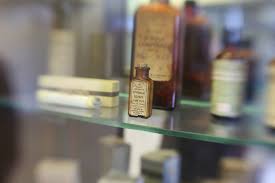 Mary Syeboldt Explains
Mary Syeboldt Explains
Attention was then turned to Mary Seyboldt, who was in convulsions. She managed to tell the physician that she gave the poison to her children first, laid them out, and then prepared herself for death, taking the remnant of a large dose of strychnine.
Mary Seyboldt died in great agony, shortly after seven o’clock, and was laid out beside her children.
It is difficult to find a motive for a crime so unnatural and terrible, but it is presumed that domestic troubles caused the woman to lose her mind. The husband is in such a terrible state that he can not answer questions intelligently.
Mary Syeboldt procured the poison at Werkmeister’s drugstore, on Archer Avenue, yesterday afternoon, and as soon as her husband left for his work last night she coolly began preparations for the murder, dressing herself and the children as described.
Trouble In The Life Of Mary Syeboldt
The home of the Sveboldt’s is in the second story of a poor little frame house, and bears the impress of poverty. Among the neighbors the Syeboldt family bears a good reputation, and its members have been considered honest, hard-working, respectable people. If the wife and husband had trouble sufficiently serious to cause insanity, the people in the neighborhood have no knowledge of it.
Mr. Syeboldt’s friends were summoned and took him in charge. Matilda, the fourth and oldest of the murdered children, died at ten o’clock, completing the list of mother and four children dead within a few hours, and in the same room.
The place of the murder was thronged this morning with curious and sympathizing friends. The room occupied by the distracted husband, Casper Syeboldt, and where his dead wife and children are lying, composed part of the second story of a cheap, plain, two-story tenement. The rooms are furnished only with the furniture and utensils barely necessary for housekeeping.
The Suicide Notes
The motive of the woman in this silent, bloodless destruction of her children and self may be gleaned from the following notes and bits of writing found among the effects of’the family this morning. They are by the oldest child, a daughter of twelve. The resignation shown by the writer is remarkable. That domestic unhappiness was no minor course for the deed of the mother will be inferred from the following, as it can be from the few data supplied by the husband.
“I wish to all of my playmates a better and happier time than I had. So goodbye to you all, for you all are welcome to the place where I have gone. Remember me.”
Among the papers was one containing two verses of the hymn beginning : “There is a happy land” and another note is addressed to playmates. “Mary Murphy: Please tell Lizzie Martin, (probably the daughter of the landlord of the house No. 51 Finnel) Minnie Otten and Lizzie Reymond that I have forgotten their dispute and forgiven them. I guess they will feel sorry for it. May they think of me as their friend. (signed) Tillie Syeboldt.”
Other notes read as follows
“Dear Papa, Forgive me. We have to leave you. Mamma thought it was the best we could do. I am now in the better land, where we all can live in freedom. Your daughter, Matilda.”
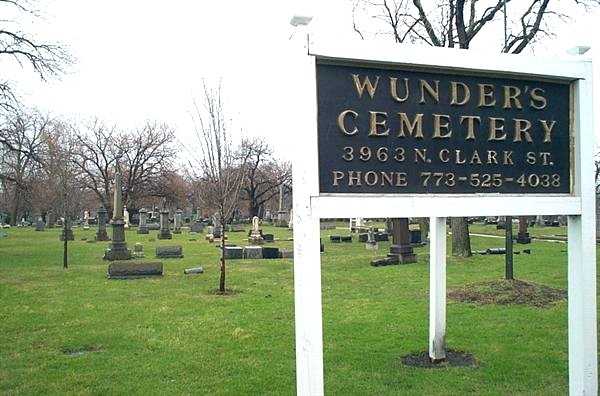 “Dear Papa, Please bury us decent, at Wudder’s cemetery, that we may all be buried together. That’s all I request from you. My knife and money is for your present and is in the collar box. Buy for Anton, Annie and self flowers from the money which I have saved. It is mine. The knife is yours.”
“Dear Papa, Please bury us decent, at Wudder’s cemetery, that we may all be buried together. That’s all I request from you. My knife and money is for your present and is in the collar box. Buy for Anton, Annie and self flowers from the money which I have saved. It is mine. The knife is yours.”
“For May Murphy, I will tell you the story of our trouble. My mother was always sick, you know, and thought often of dying, and thought of how if she was dead how we would be treated, and so thought best for all of us to die at once, and bought something to kill us. The baby first, Annie second, Tony third, and I after, and then my mother. We did not suffer much and we are all out of trouble.” “
“Rosy Morris, Take the book that I’ve brought home from school. It is not mine. It is the history of the United States. Take it to room 5, to Geo. Capronice. It is on the lower shelf of the closet.”
“This is for Mary and Nell Murphy, my dear playmates, I wish you a happier and better time than I had. Good bye. You are all welcome.”
Two or three of the slips containing portions of the above were written in German characters. The remainder in English.
credit chronicling america


